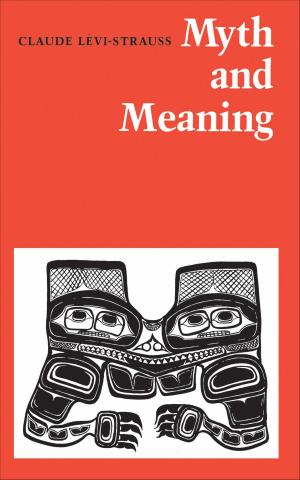Sweatshop Strife
Class, Ethnicity, and Gender in the Jewish Labour Movement of Toronto, 1900-1939
Nonfiction, History, Canada, Social & Cultural Studies, Social Science, Sociology| Author: | Ruth Frager | ISBN: | 9781442615137 |
| Publisher: | University of Toronto Press, Scholarly Publishing Division | Publication: | November 6, 1992 |
| Imprint: | Language: | English |
| Author: | Ruth Frager |
| ISBN: | 9781442615137 |
| Publisher: | University of Toronto Press, Scholarly Publishing Division |
| Publication: | November 6, 1992 |
| Imprint: | |
| Language: | English |
In the first half of the twentieth century, many of Toronto's immigrant Jews eked out a living in the needle-trade sweatshops of Spadina Avenue. In response to their expliotation on the shop floor, immigrant Jewish garment workers built one of the most advanced sections of the Canadian and American labour movements. Much more than a collective bargaining agency, Toronto's Jewish labour movement had a distinctly socialist orientation and grew out of a vibrant Jewish working-class culture.
Ruth Frager examines the development of this unique movement, its sources of strength, and its limitations, focusing particularly on the complex interplay of class, ethnic, and gender interests and identities in the history of the movement. She examines the relationships between Jewish workers and Jewish manufacturers as well as relations between Jewish and non-Jewish workers and male and female workers in the city's clothing industry.
In its prime, Toronto's Jewish labour movement struggled not only to improve hard sweatshop condistions but also to bring about a fundamental socialist transformation. It was an uphill battle. Drastic economic downturns, hard employer offensives, and state repressions all worked against unionists' workplace demands. Ethnic, gender, and ideological divisions weakened the movement and were manipulated by employers and their allies.
Drawing on her knowledge of Yiddish, Frager has been able to gain access to original records that shed new light on an important chapter in Canadian ethnic, labour, and women's history.
In the first half of the twentieth century, many of Toronto's immigrant Jews eked out a living in the needle-trade sweatshops of Spadina Avenue. In response to their expliotation on the shop floor, immigrant Jewish garment workers built one of the most advanced sections of the Canadian and American labour movements. Much more than a collective bargaining agency, Toronto's Jewish labour movement had a distinctly socialist orientation and grew out of a vibrant Jewish working-class culture.
Ruth Frager examines the development of this unique movement, its sources of strength, and its limitations, focusing particularly on the complex interplay of class, ethnic, and gender interests and identities in the history of the movement. She examines the relationships between Jewish workers and Jewish manufacturers as well as relations between Jewish and non-Jewish workers and male and female workers in the city's clothing industry.
In its prime, Toronto's Jewish labour movement struggled not only to improve hard sweatshop condistions but also to bring about a fundamental socialist transformation. It was an uphill battle. Drastic economic downturns, hard employer offensives, and state repressions all worked against unionists' workplace demands. Ethnic, gender, and ideological divisions weakened the movement and were manipulated by employers and their allies.
Drawing on her knowledge of Yiddish, Frager has been able to gain access to original records that shed new light on an important chapter in Canadian ethnic, labour, and women's history.















